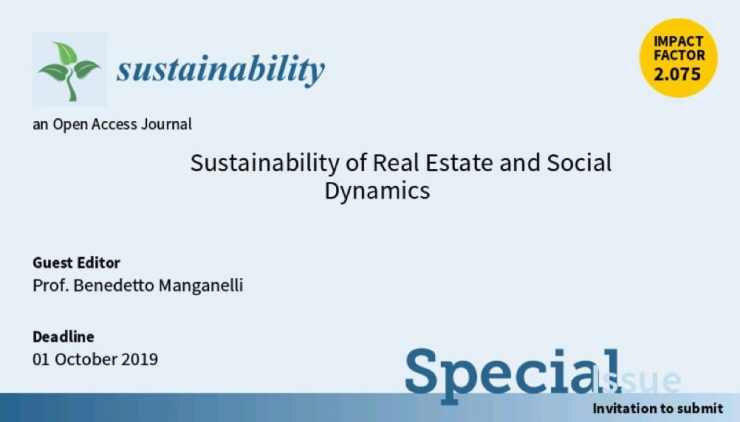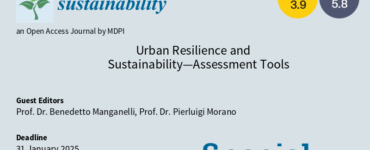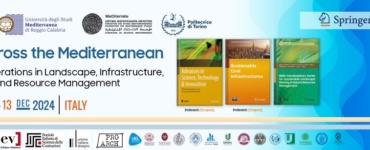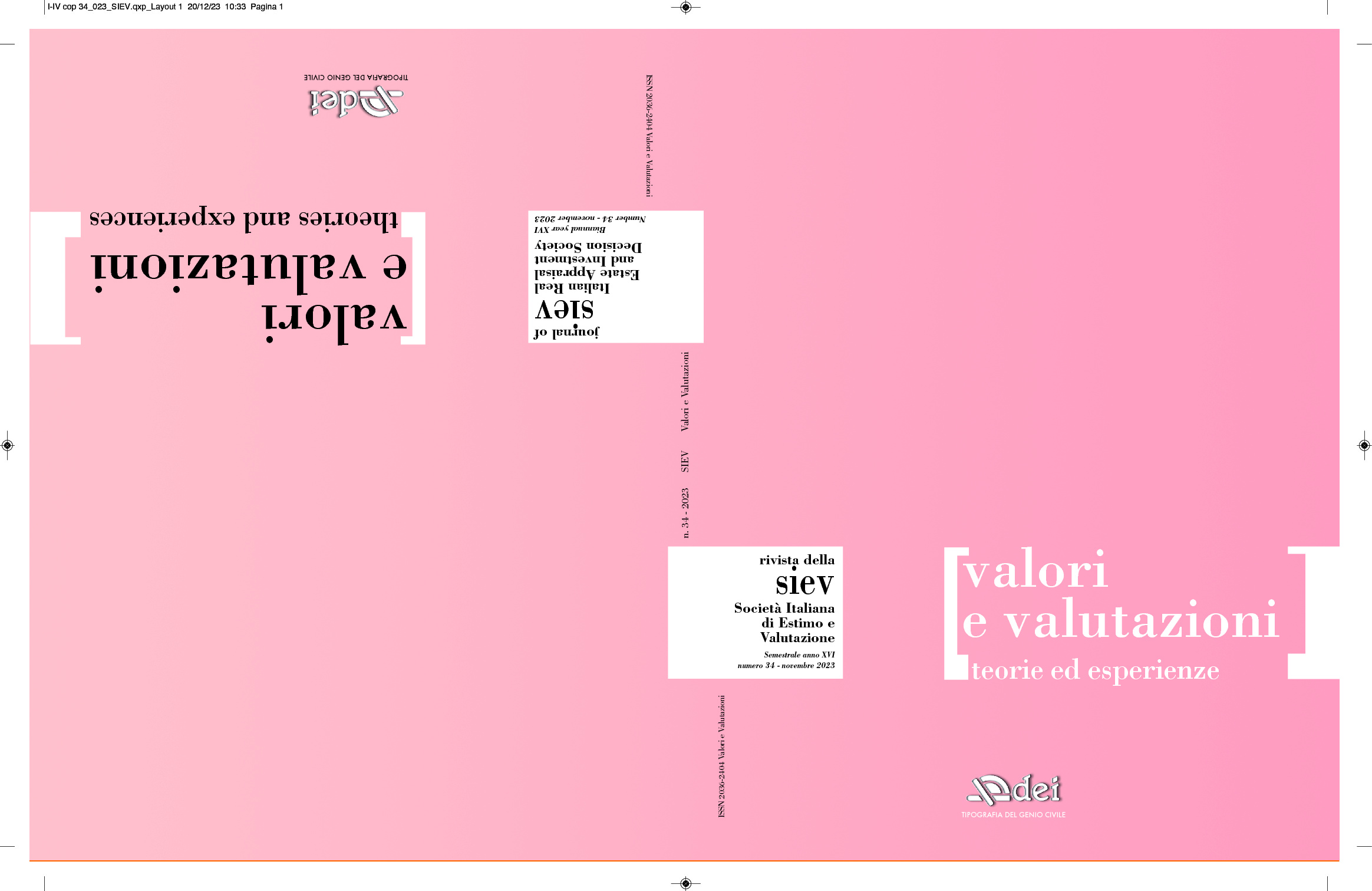Dear Colleagues,
The economic evaluations and the analysis of the real estate market are instrumental for the correct management of the territorial resources. In turn, urban planning decisions imply clear consequences in the field of real estate, e.g., regarding the issue of taxation or investment strategies.
Economic evaluations allow for the management, control, and verification of the impact of territorial policies on environmental resources. Because different elements come into play in the evaluation of problems and in the decision-making processes concerning the transformation and management of resources, it is essential that research focuses on the experimentation of multidimensional approaches that are able to hold together the entire network of relationships between stakeholders. The study of indicators and their organization in complex systems is the most appropriate approach to predict or analyze changes in urban and regional planning induced by planned or implemented transformation interventions.
The implementation of territorial policies and the sustainable redevelopment of existing cities complement the union between planning and evaluation. Starting from the recognition of the centrality of evaluations and estimative practices in the planning and management of resources, this Special Issue aims to collect papers that are able to bring out the richness and variety of scientific contributions that characterize research in this sector.
The following list aims to provide a representative but not exhaustive overview of potential topics:
1) Real estate appraisals and real estate market analysis: theoretical insights, experimentation, and the development of valuation models aimed at the management for the tax purposes related to real estate assets and/or that are useful for policies concerning the acquisition or valorization of resources.
2) Laws and regulations for the administration of territorial resources.
3) Sustainable use of resources, strategic land use planning, urban area planning, evaluation of the processes and impact of land use activities.
4) Territorial information systems aimed at the classification and grading of urban and agricultural areas, as well as the forecast of likely scenarios resulting from transformation activities.
Prof. Benedetto Manganelli
Guest Editor












Add comment